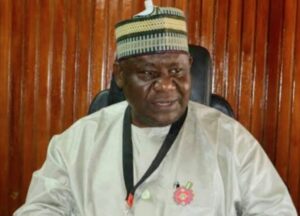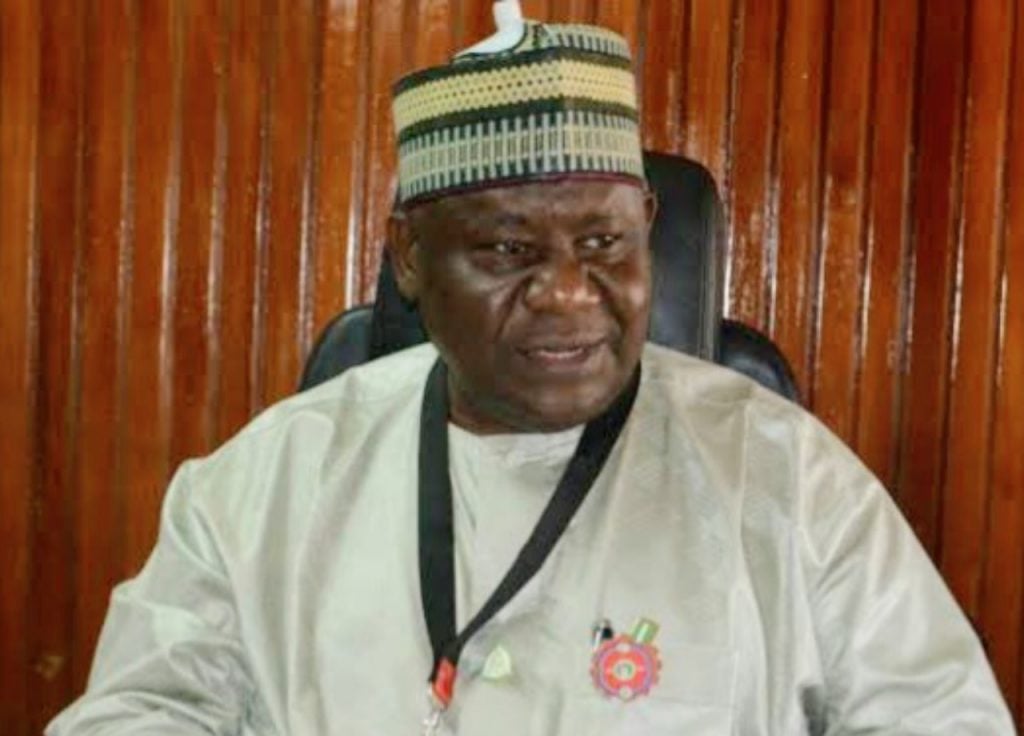
By Adeyemi Adekunle
The Nigerian government has called on its civil servants to step up their role in combating climate change, emphasizing the need for stronger environmental policies across ministries, departments, and agencies.
At a high-level event in Abuja on Wednesday, the Director-General of the Bureau of Public Service Reforms (BPSR), Dasuki Arabi, urged government workers to prioritize climate action in decision-making. Speaking at the Climate Action Index event, organized in collaboration with the Centre for Fiscal Transparency and Public Integrity (CeTFI) and the Centre for Climate Action, Innovation, and Engagement, Arabi warned that climate change poses a direct threat to Nigeria’s economy, environment, and public welfare.
“As public officers of Nigeria, I challenge you to consider the consequences of climate change and fine-tune our standards for decision-making procedures in ministries, departments, and agencies,” Arabi stated.
Nigeria, like many developing nations, faces severe climate risks, including desertification in the north, coastal erosion in the south, and unpredictable weather patterns affecting agriculture. These challenges threaten food security, economic stability, and the overall well-being of millions of Nigerians.
Arabi stressed that addressing climate change should not be left to environmental agencies alone but must be embedded in all facets of governance. He emphasized that Nigeria’s commitment to the Paris Agreement—a global pact to limit global warming to well below 2°C—requires practical actions at all levels of government.
“Climate remains a problem for public service officers across the country,” he said. “As a team, we will be able to push Nigeria’s commitment to the Paris Agreement on climate change.”
The event also highlighted the need for transparency in climate financing. Dr. Umar Yakubu, Executive Director of CeTFI, underscored the importance of tracking climate funds and ensuring their proper utilization.
“We all know the effects of climate change and the rise in global temperatures. This initiative aims to measure climate change financing and the impact of interventions,” Yakubu noted.
Nigeria has received international climate financing from organizations such as the Green Climate Fund and the World Bank, yet questions remain about how effectively these funds are used. Analysts have pointed out gaps in accountability, with projects sometimes failing to deliver measurable results. Yakubu’s remarks suggest a growing push for financial transparency in climate action efforts.
Despite Nigeria’s commitments, the country faces significant hurdles in implementing climate policies. A major challenge is the slow adoption of sustainable practices across government agencies.
Many ministries, departments, and agencies still operate with outdated policies that do not align with Nigeria’s climate goals. For instance, some infrastructure projects continue to ignore environmental impact assessments, while deforestation remains rampant in parts of the country.
In addition, Nigeria’s heavy reliance on fossil fuels complicates the transition to cleaner energy. While the government has announced plans for renewable energy expansion, experts say implementation has been sluggish. Without a clear roadmap and enforcement mechanisms, achieving climate goals remains an uphill battle.
The renewed call for civil servants to take climate action seriously signals a potential turning point in Nigeria’s environmental governance. If effectively implemented, stronger climate policies across government institutions could lead to more sustainable urban planning, improved waste management, and better conservation efforts.
Experts argue that integrating climate considerations into public service decisions—such as budgeting, policy-making, and procurement—could accelerate Nigeria’s green transition. For instance, prioritizing climate-friendly infrastructure projects, promoting sustainable agricultural practices, and enforcing stricter pollution controls could make a tangible difference.
Additionally, training programs for civil servants on climate change mitigation and adaptation could help bridge the knowledge gap and ensure government policies align with global best practices.
Beyond civil service reforms, climate activists are calling for greater public accountability. Citizen engagement, they argue, is crucial in ensuring that government pledges translate into real action.
“The government must not only make commitments but must also be held accountable for meeting them,” says environmental analyst Olumide Ajayi. “We need clear timelines, measurable targets, and independent monitoring to track progress.”
With climate change already affecting millions of Nigerians, from rising floodwaters to shrinking farmlands, experts warn that inaction is no longer an option. Whether the civil service will rise to the challenge remains to be seen, but the message from Abuja is clear—climate action must be a top priority in governance.
As the world moves towards a more sustainable future, Nigeria’s ability to align its policies with its climate commitments will determine its resilience against environmental threats. The responsibility now lies not just with the Ministry of Environment, but with every government agency shaping the country’s future.




